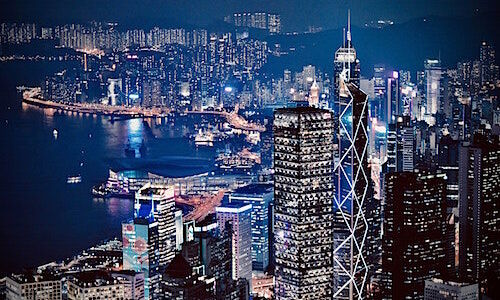Hong Kong Government Reassures Financial Freedoms
Hong Kong’s financial secretary reassured the business community of free capital flow and no foreign exchange controls in the city amidst worries about the financial implications of Beijing’s proposed national security law.
Hong Kong’s chief of finance Paul Chan reassured Hong Kong’s business and investment community by not in that the national security law would not result in restricted capital flows or foreign exchange controls.
«When we talked with foreign business representatives last year, many raised the same concern about Hong Kong's investment environment: the city's security, which had been severely affected by the social unrest,» Chan said in an interview with China’s state-owned «Global Times», hours before Trump officially announced its administration’s decision to eliminate Hong Kong’s special trading status.
«As long as foreign investors are not engaged in activities relevant to national security matters, they have nothing to worry about.»
«Highly Cautious»
Although Chan said Hong Kong authorities remained «highly cautious» of the security of financial markets, he also underlined that there was little indication of flight. He said that no material outflows were observable, citing banking and asset management business representatives.
«Two years ago when China-US trade friction began, the Hong Kong SAR studied the situation, forecasting that confrontations might spread from trade to other sectors, likely finance. We've prepared for it,» he said.
«We have confidence and experience dealing with challenges as the financial market in Hong Kong has gone through a lot. With support from the whole country, we have nothing to be afraid of.»
World Trade Organization
According to Chan, the city will face «little impact» from the U.S. decision to revoke its preferential status and added that «[t]he law permits Hong Kong to join the WTO as Hong Kong, China, showing that the SAR’s independent tariff zone is granted by the mainland, not by any foreign country».
«We have been preparing for all the different scenarios,» he added, interestingly highlighting that exports to the U.S. accounted for less than 2 percent of Hong Kong’s overall manufacturing output.






















